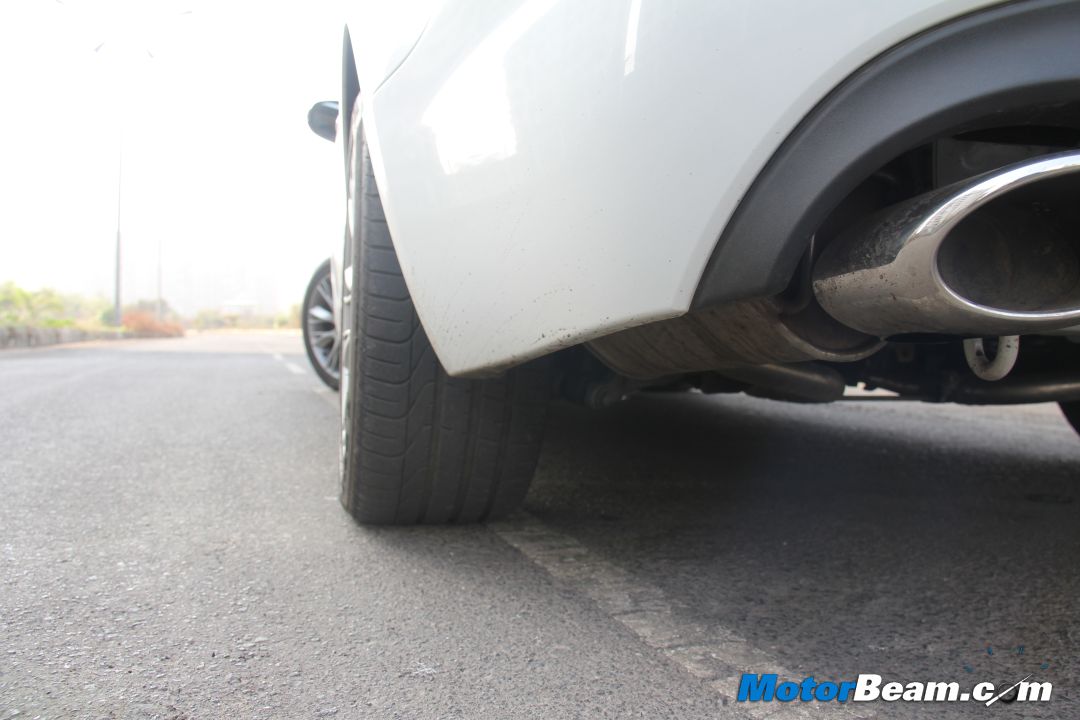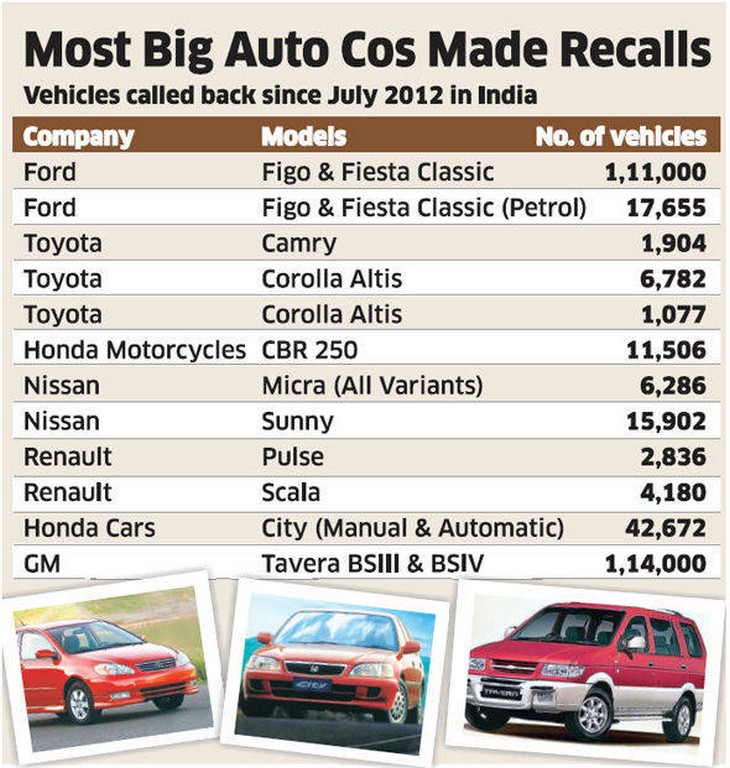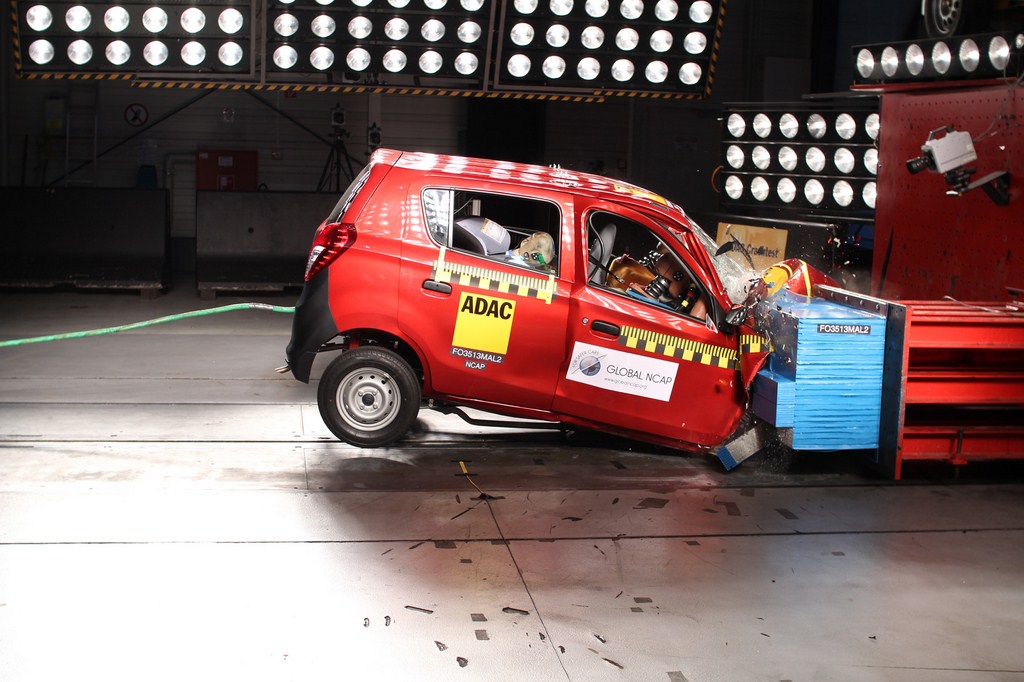Automobile manufacturers are not keen on skipping BS5 norms to go to BS6 directly as they sight various safety concerns of skipping one full stage of emission norms.

With air pollution tapping the alarm levels in major cities and with the Indian roadmap repeatedly failing to meet global standards in curbing vehicular pollution and safety features, the newly formed Government had an uphill task to accelerate the pace of technology introduction. Within a span of a year the Government took few steps making sure that the moving masses on the streets became safer and less pollutant, obviously few programs are scheduled for future implementation.
With flagging of Bharat NCAP to make vehicles safer to setting up a base fuel economy level for four wheelers, the Government has taken a few decisions regardless the resistance of automobile manufactures. There has been a word across the industry that the Government is planning to skip the pollution norm of Bharat Stage 5 and jump to Bharat Stage 6. Sighting this, Society of Indian Automobile Manufactures (SIAM), the Apex National Body representing Indian Automobile Industry has cautioned the Government that the later should emphasise on implementing BS5 rather than skipping it.
SIAM believes that the Indian auto industry is not matured enough for vehicles to be equipped with BS6; if forcibly implemented then it could lead to safety compromises in vehicles in-turn risking the consumer’s life.
Optimising the electronics takes tremendous efforts as it involves lot of data collection and iterations performed on the system; thus by skipping a stage the auto industry could be dealing with unknown parameters which can later prove fatal. Though the technology pertaining to Euro 6 (equivalent to BS6) is already available, it cannot be guaranteed that the system would perform sighting various reasons, which includes availability of similar quality of components (for CRDI and SFI/MPFI systems), fuel quality, exhaust systems, topology, price of the vehicle, etc. Before putting it into usage the systems have to be validated which would well consume up to five years.
“Vehicles have to operate as a complete system and emission technologies have a close linkage with safety as well as fuel efficiency parameters both of which are covered by other mandatory regulations of government,” Vikram Kirloskar, President, SIAM said.
While another official stated – “The risk of putting an inadequately validated technology on Indian roads will lead to safety issues like un-intended acceleration or fires which may arise due to improper regeneration of the particulate trap, if the process is not adequately tested and validated, it could put the life of the consumer at risk.”
Though fuel quality is not an issue as BS5 and BS6 use the same with 10 PPM of Sulphur; the major difference between both of them would be the vehicular technologies which involves next generation exhaust systems i.e., Selective Catalytic Reduction (SCR). It has also been pointed out with Europe as an example where the countries (few of them which are in Euro 6 now) have been through Euro 5 though they had an option to skip it.
SIAM has said that the auto body will be the one to face repercussions for any failure, but not the Government. Currently, 13 cities in India follow BS4 norms on passenger vehicles while the rest of the country adheres to BS3. Under the national auto fuel policy, BS4 standards are scheduled to be adopted across the country by 2017 while BS5 by 2020. BS6 is scheduled to be introduced in 2024.




